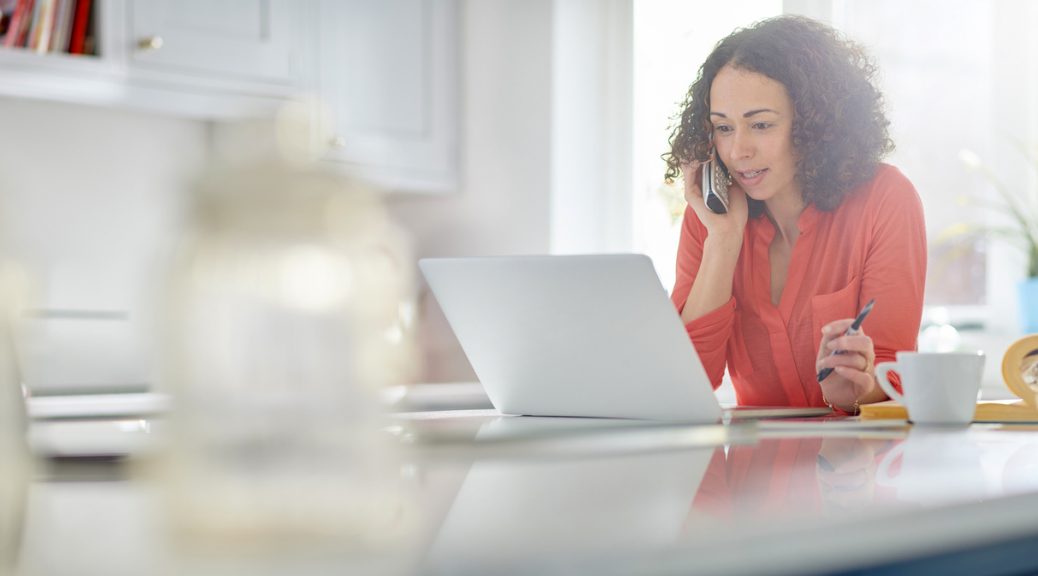There are certain obvious expenses people budget for when looking to buy a home, like a down payment and monthly mortgage payments. But there’s another significant expense that is often overlooked and just as important to keep in mind – closing costs. These one-time expenses can include:
- Legal fees
- Home inspection fees
- Land transfer taxes
- Certain insurances
Many first-time buyers underestimate the amount they will need for closing costs (which can really add up), so it’s important to factor these costs into your cash-on-hand budget.
How much should you set aside?
Generally speaking, you’ll want to budget between 3% and 4% of the purchase price of a resale home to cover closing costs.
For example, on a home that costs $200,000, you should plan for anywhere from $6,000 to $8,000 for closing costs.
Of course, this is an estimate, and the actual costs will vary depending on the type of home you are buying, the location and whether it’s a new construction.
A closer look at closing costs
Here’s a quick overview of the types of expenses you may need to pay for. You can find more details on closing costs here.
Property Appraisal Fee
- A professional appraisal will need to confirm the market value of the property.
Estimated cost: $300 or more, depending on the location of the house.
Land Survey or Certificate of Location Fee
- This is needed before finalizing the mortgage loan.
Estimated cost: $1,000–$2,000, depending on the size and type of the property.
Title insurance
- Protects you from potential losses; it may be accepted in lieu of a survey.
Estimated cost: About $400.
Lawyer or notary fees
- A lawyer or notary will need to conduct a title search, draft the title deed, and prepare the mortgage.
Estimated cost: At least $500
Municipal and Provincial Tax
- Also referred to as land transfer tax, property transfer tax, land registration fee, deed registration fee or “welcome tax.”
Estimated cost: It is based on the purchase price of the home and varies by province and municipality; your lawyer or notary can help you budget accurately.
Fire/Property Insurance
- This coverage is required in an amount at least equal to the replacement value of your property; the policy must be in effect on closing day.
Estimated cost: Varies based on replacement value, coverage type and discounts. Ask your insurance agent or broker for a personalized quote.
TIP: It’s also a good idea to consider coverage to protect the contents of your home against damage, loss and theft.
Prepaid Property Taxes, Utility Bills and Other Charges
- Also known as adjustments; the tax and utility costs that the seller has prepaid must be reimbursed by the purchaser. The exact amount is calculated by the notary or lawyer.
Estimated cost: Allow for between $1,000 and $2,000, payable to the notary or lawyer, along with the legal fees.
Home Inspection Fee
- When you make the purchase offer, you should add a condition to change or withdraw your offer if the inspector discovers a problem.
Estimated cost: Budget around $500 for a typical urban or suburban home, paid directly to the inspector.
Water Quality Inspection Fee
- If the home gets drinking water from a well, you will need to have the quality of the water tested to ensure it’s safe.
Estimated cost: You can usually negotiate the cost with the seller and have it included in the purchase offer.
Mortgage Default Insurance
- If your down payment is less than 20% of the purchase price, your mortgage lender will arrange for mortgage default insurance.
Estimated cost: Between 0.6% and 6.5% of the loan amount.
TIP: The amount is usually added to the mortgage but may also be paid in full on closing.
Estoppel Certificate Fee
- You have to pay this if you are buying a condominium or strata unit (except in Québec).
Estimated cost: Up to $100.
Additional costs
Those are some of the standard closing costs, but there are a few more…
- GST, which you’ll have to pay on a newly constructed or extensively refurbished home
- Hiring movers
- Setting up your new home (utility hook up, painting, windows and lights etc.)
- You also may want to consider Mortgage Payment Insurance
When making a budget, keep in mind the many ongoing expenses associated with owning a home. This Property Cost Checklist can help you review costs such as utilities and insurance, maintenance and general living expenses, so you don’t leave anything out.
The next step
It’s true that buying a home is an expensive proposition, but it is possible to find a home you love and can afford. Need help? A BMO mortgage specialist will work with you to help you make the right decision for your needs and lifestyle.
Try their mortgage calculators to help you determine the home price and monthly payments you can afford, or view their latest rates and special offers.
